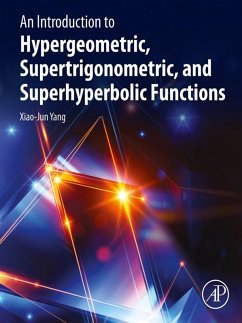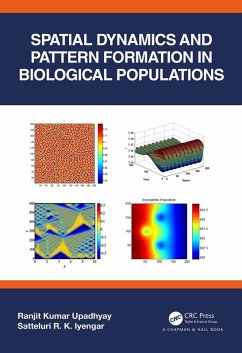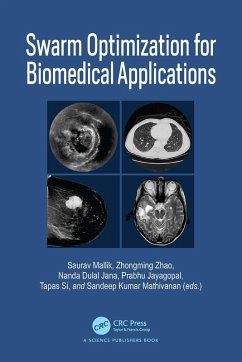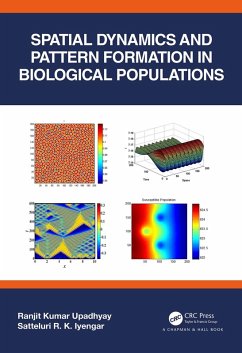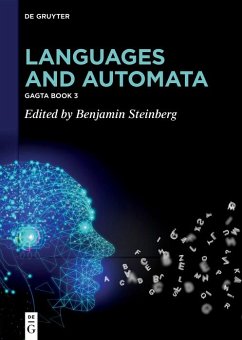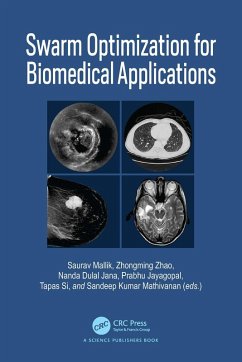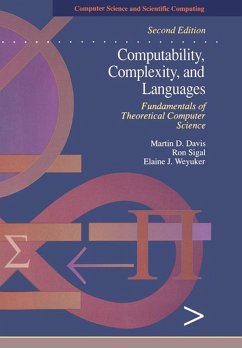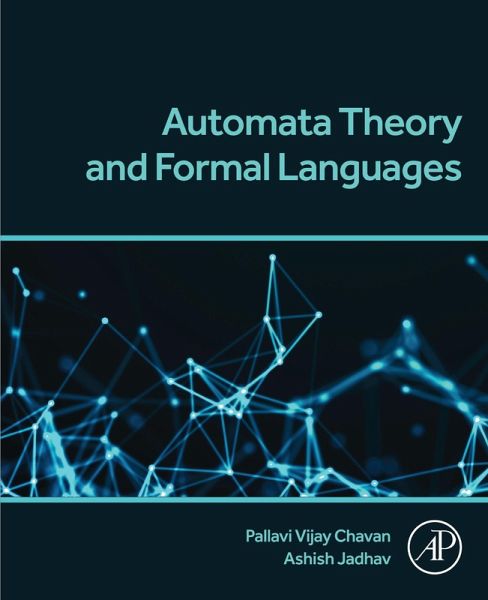
Automata Theory and Formal Languages (eBook, ePUB)
Versandkostenfrei!
Sofort per Download lieferbar
108,95 €
inkl. MwSt.

PAYBACK Punkte
54 °P sammeln!
Automata Theory and Formal Languages presents the difficult concepts of automata theory in a straightforward manner, including discussions on diverse concepts and tools that play major roles in developing computing machines, algorithms and code. Automata theory includes numerous concepts such as finite automata, regular grammar, formal languages, context free and context sensitive grammar, push down automata, Turing machine, and decidability, which constitute the backbone of computing machines. This book enables readers to gain sufficient knowledge and experience to construct and solve complex...
Automata Theory and Formal Languages presents the difficult concepts of automata theory in a straightforward manner, including discussions on diverse concepts and tools that play major roles in developing computing machines, algorithms and code. Automata theory includes numerous concepts such as finite automata, regular grammar, formal languages, context free and context sensitive grammar, push down automata, Turing machine, and decidability, which constitute the backbone of computing machines. This book enables readers to gain sufficient knowledge and experience to construct and solve complex machines. Each chapter begins with key concepts followed by a number of important examples that demonstrate the solution. The book explains concepts and simultaneously helps readers develop an understanding of their application with real-world examples, including application of Context Free Grammars in programming languages and Artificial Intelligence, and cellular automata in biomedical problems. - Presents the concepts of Automata Theory and Formal Languages in an easy-to-understand approach - Helps the readers understand key concepts by solving real-world examples. - Provides the readers with a simple approach to connect the theory with the latest trend like software testing, cybersecurity, artificial intelligence, and machine learning. - Includes a wide coverage of applications of automata theory and formal languages.
Dieser Download kann aus rechtlichen Gründen nur mit Rechnungsadresse in A, B, BG, CY, CZ, D, DK, EW, E, FIN, F, GR, HR, H, IRL, I, LT, L, LR, M, NL, PL, P, R, S, SLO, SK ausgeliefert werden.




